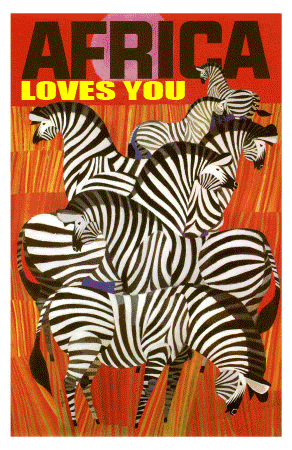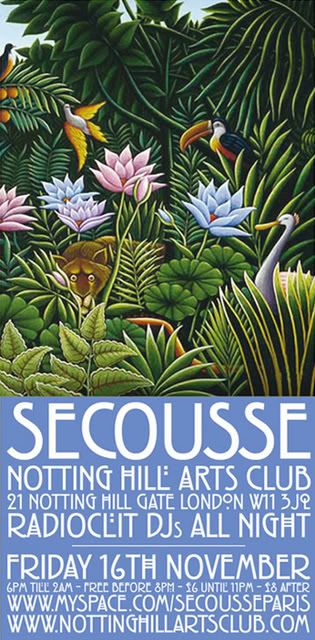
1. Gracious "Nappa Man" K - Migraine Skank (original pre-release version)
Something about how this is structured with the interlocking rhythms totally blows my mind (I really should have a go at analysing it at some point!), and even though there's (mystifyingly, since I love it) no more Funky on this list, this totally represents that genre's deep genius in bringing rhythm-based music forward. 2009 was Migraine Skank's year.2. Don Omar - Virtual Diva
Album of the Year: See previous post. Picking just one song off this was super-difficult, but I went for the iconic single in the end.3. Black Eyed Peas - I Gotta Feeling
4. Untamed feat. Mr Marcellus - Fill It Up
5. The Sounds of Arrows - Into The Clouds
I decided I needed to sprinkle in a few token indie entries in here. Wouldn't want to be politically incorrect, the poor underprivileged white middle class need their share.6. Barikad Crew - Toup Pou Yo (thx Rachel!)
7. Illie - Liquified Dopeness
I really should listen to more Jerk.8. Tinchy Stryder feat. Amelle - Never Leave You
9. Leila Chicot - Renaissance
10. Medina feat. Allyawan, Palestine & Aida - Så Dom Gör Det (Fiend Version)
11. Ace Hood feat. The-Dream - Mine
12. Hard Kaur - Follow Me
Songwriter of the year: Pritam. Bollywood really got a re-injection of musical quality this year thanks to the writing and production genius of the jovially bearded Bengali. He may have nicked all his tracks from the koreans (bizarrely) but it's hard to miss what a breath of fresh air one composer has brought to the Mumbai film industry. Runner-up: The-Dream.13. La Roux - In For The Kill (Skream's Let's Get Ravey Mix)
14. Alicia Keys - Try Sleeping With A Broken Heart
15. James Fauntleroy - Te Amo
16. La Factoria - Apartade de ti
17. Freds225 - Instru Logobi 225
18. Dizzee Rascal - Holiday
19. Ce'cile and Live Wire - You Got Me
20. Kenny Margant - T'Oublier
21. Frenchie - It's Ok (Knel Mix)
22. Amerie - Tell Me You Love Me
23. Nina Sky - On Some Bullshit
24. Circlesquare - Dancers (Russ Chimes vs. Anoraak Remix)
25. T.I. - Hell of a Life
If this was 2006 this might well have been a top ten track for me - this culminates the mega-major-key euphoria that made southern hip-hop so wonderful that year.26. AC Slater - Hello (Ricorb befriends Kim Jong-il remix)
27. Blak Ryno - Pon Di Earth
28. Ray Rich - Know She Cold
29. Mariah Carey - Standing O
30. Willy Northpole feat. B.O.B. - Hood Dreamer
31. Kartier - Ma Pones Mal
32. Tim Benson - Love At First Sight
33. Swine Flu - Starter
34. Dennis Ferrer - Hey Hey
35. Sean Garrett feat. Young Joc - Smooches (Chief Boima Remix)
Global Ghettotech of the year: as in - purpose-made "exotic" music. This remix is lovely and could make anyone reconsider their attitude towards fusion as a concept.36. Kaysha - Be With You
37. Newkid - Gör Det För
38. Ali Ashabi - Eteraf
39. Discovery - Osaka Loop Line
40. Unlady Like - Bartender
41. Tavrvs - Vharder
42. Tynisha Keli - Rockstar
43. Al Brown - I Don't Know
44. DJ Hans - Akh Da Nishana
45. Joker - Do It
46. Khriz y Angel - Dime
47. Slicer feat. Tazzz, Renegade - Murk Em
48. Young Dro - Clean With It
49. Busy Signal - Black Belt
50. Trae feat. Krayzie Bone & Twista - I Won't Change
Happy new year, everyone!





























































